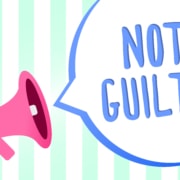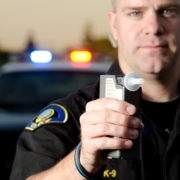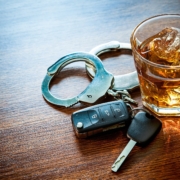Now It’s Easier to Vacate a Conviction (including immigration convictions)
The law has changed following passage of House Bill 1041, sponsored by Representative Drew Hansen, so that more people can apply to have their criminal records vacated and expunged than ever before.






